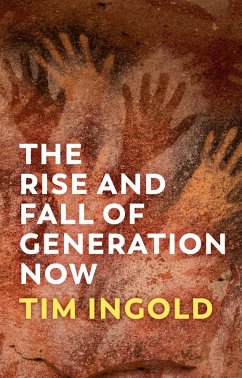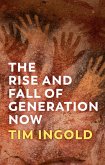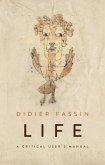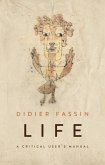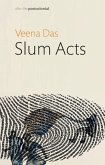Is the future about to close in, or is it open to new horizons? For anthropologist Tim Ingold, the root of our difficulty in facing up to the future lies in the way we think about generations. We imagine them as layers, succeeding one another like sheets in a stack. This view figures as a largely unquestioned backdrop to discussions of evolution, life and death, longevity, extinction, sustainability, education, climate change and other matters of contemporary concern. What if we were to think of generations, instead, as wrapping around one another along their length, more like fibres in a rope than stacked sheets?
In this compelling new book, Ingold argues that a return to the idea that life is forged in the collaboration of overlapping generations might not only assuage some of our anxieties, but also offer a lasting foundation for future coexistence. But it would mean having to abandon our faith both in the inevitability of progress, and in the ability of science and technology to cushion humanity from environmental impacts. A perfect world is not around the corner, nor will our troubles ever end. Nevertheless, for as long as life continues, there is hope for generations to come.
In this compelling new book, Ingold argues that a return to the idea that life is forged in the collaboration of overlapping generations might not only assuage some of our anxieties, but also offer a lasting foundation for future coexistence. But it would mean having to abandon our faith both in the inevitability of progress, and in the ability of science and technology to cushion humanity from environmental impacts. A perfect world is not around the corner, nor will our troubles ever end. Nevertheless, for as long as life continues, there is hope for generations to come.
'Ingold asserts the urgent need to reimagine and re-enact the relationship between past, present and future, arguing for the importance of collaboration and reciprocal learning across generations. He advances a proposal for a form of education that would unite the wisdom of elders with the curiosity of the young.'
Stuart McLean, University of Minnesota
'Inspiring and beautifully written, Tim Ingold's new book contemplates life and the relations that sustain it. Turning attention to the idea of generation, and with hope for the possibilities of collaboration, Ingold opens out and responds to crucial questions about time, growth, remembering, loss and continuity.'
Elizabeth Hallam, University of Oxford
Stuart McLean, University of Minnesota
'Inspiring and beautifully written, Tim Ingold's new book contemplates life and the relations that sustain it. Turning attention to the idea of generation, and with hope for the possibilities of collaboration, Ingold opens out and responds to crucial questions about time, growth, remembering, loss and continuity.'
Elizabeth Hallam, University of Oxford

